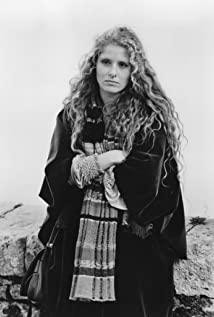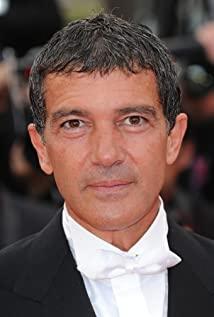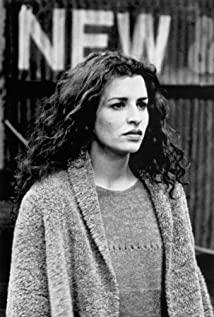The film is based on the narrative of Lewis to start the exile and chase of several vampires. Before Liszt turned the dying Louis into a vampire, he said, give him a choice, a choice he has never had before - transformation or death. However, a momentary obsession led Louis to choose the former. In the face of cruel killing, kindness makes him unbearable, but his instinct is to obey. Struggling between good and evil views, he has been living on the blood of rats. To make him face his true nature, Liszt gave him a companion, Claudia, a 12-year-old girl who lost her mother. Ignorance is the reason for her greed, cruelty is the nature gifted by Liszt. She slaughtered frantically with Liszt to satisfy bloodthirsty desires. But in front of Louis, she will always look like a naive girl, even if she is 38 years old. Liszt's indulgence, Louis' doting, Claudia goes crazy. She began to understand that she would never grow up again, even if that meant never getting old. She hated Liszt for turning her into a monster and designed Liszt to brutally kill him. Although she underestimated the ability of vampires to survive, she violated the laws of the vampire family - never kill her own. So much so that he was executed by the vampires of the Vampire Theater, which also triggered Louis' revenge for the massacre. At the end of the film is the resurrected Liszt driving a blood-red car on the road of the 20th century... The most charming thing is his evil smile, or the wry smile after his displacement and confusion.
Perhaps those hundreds of years of chasing are the proof of life and death. Although cruel, it is still a helpless and sad beauty: Liszt's pale face and elegant demeanor cannot hide the contempt and doubts in his eyes; Louis' kindness and nature are also similar to Claudia's innocent appearance and inner heart. Madness is the contradiction of their "existence", yes, not life, but "existence". I remember that scene: the dark sewers were full of dead rats, and Louis was curled up in the corner, refusing to suck human blood. And Liszt appeared gracefully and said softly in a charming voice: Evil is a point of view. God kills, indiscrimenaltely, and so shall we ,for no creatures under god are as we are.none so like him,as ourselves .
Evil is just a matter of opinion. God kills equally, and so should we. For all creatures under God have nothing like us, as powerful as him. Perhaps, Liszt has discovered the essence of evil, rats and people are the same life, to take its life is to take human life. So Louis, you still insist on what you call goodness? Acknowledging that it's not up to that level, maybe that's why Lewis chose to leave.
And those ancient vampires in the vampire theater each have their own grief. To have beauty and eternal life, but die little by little inside. Perhaps as Armand said, decadent, regretful, hiding in a dark corner, gradually disappearing. For Armand, he felt nothing, regretted nothing, was always young and strong, and could be called the undead.
Liszt couldn't do it, Louis couldn't do it, so they both chose to leave forever.
View more about Interview with the Vampire: The Vampire Chronicles reviews











